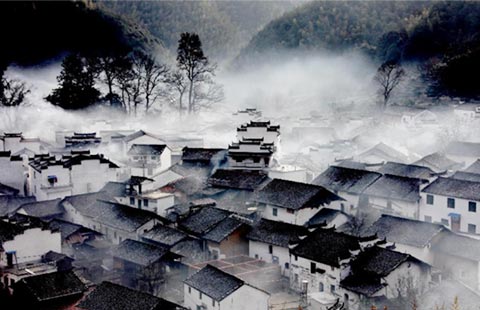Neruda is eternal favorite in China
By Xing Yi ( China Daily ) Updated: 2015-06-03 07:45:39
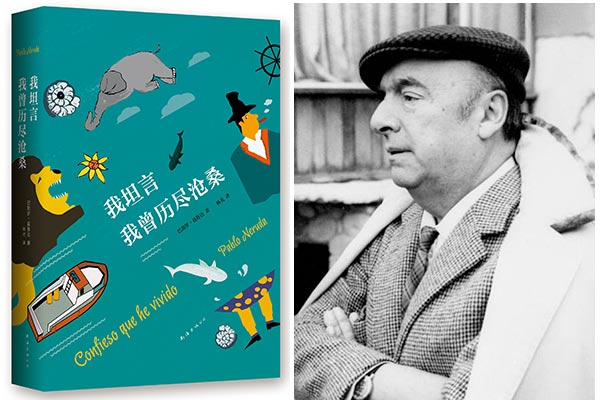 |
|
A new Chinese edition of Chilean poet Pablo Neruda's memoir, I Confess I Have Lived, was published in April. Photo provided to China Daily |
A new Chinese edition of Chilean poet Pablo Neruda's memoir, I Confess I Have Lived, was published one month before Premier Li Keqiang's visit to the South American country in May.
"Perhaps I didn't live just in myself, perhaps I lived the lives of others ... My life is a life put together from all those lives: the lives of the poet," wrote Neruda reflecting on the many "lives" he lived around the world, including his three visits to China.
Born in 1904 in Parral, Chile, the late Nobel laureate was a great admirer of China. He had a long-standing friendship with Chinese poets and had a great influence on modern Chinese poetry.
However, Neruda's first China tour in 1928 was not a pleasant one. When the young poet passed through Shanghai as a diplomat, he referred to the country as an "iron-clad colonized China of gamblers, opium dens, bordellos, thieves, false Russian duchesses and pirates of land and sea".
But when he re-visited the country in 1951 to confer the Lenin Peace Prize to Soong Ching Ling, the widow of Sun Yat-sen and then vice-president of China, he found a new China welcoming him with great sincerity.
"The Chinese are among the people in the world who smile the most. They smile through implacable colonialism, revolutions, famines, massacres, as no other people can," wrote Neruda. "The smile of Chinese children is the most beautiful harvest of rice ever threshed by this immense populace."
It was during that trip that Neruda befriended members of the Chinese literati-chairman of the Writer's Association Ding Ling, novelist Mao Dun and poet Ai Qing, whom he described as "charming" and a "prince of Chinese poets".
Ai and Neruda became close friends. In the summer of 1954, Ai and some 20 writers and poets from different countries including the former Czechoslovakia, France, Argentina went to Chile to celebrate Neruda's 50th birthday. At Neruda's home on Isla Negra, Ai wrote a poem for the Chilean master-On the Promontory of Chile, describing the reunion as a group of captains meeting together, looking forward to a new voyage.
|
|
|
|
|
|


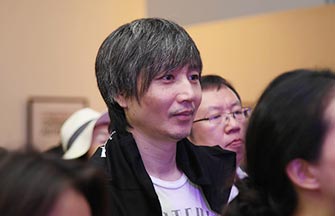
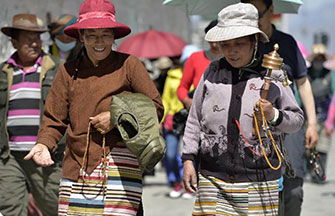



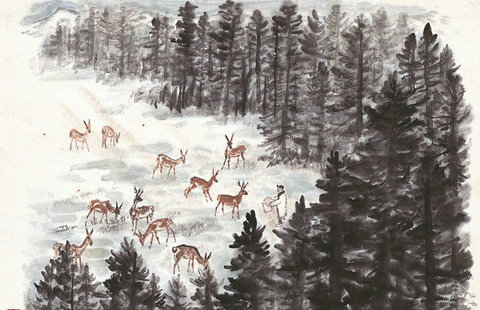












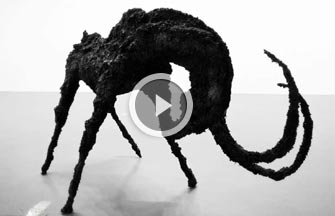


 Raymond Zhou:
Raymond Zhou: Pauline D Loh:
Pauline D Loh: Hot Pot
Hot Pot Eco China
Eco China China Dream
China Dream China Face
China Face






